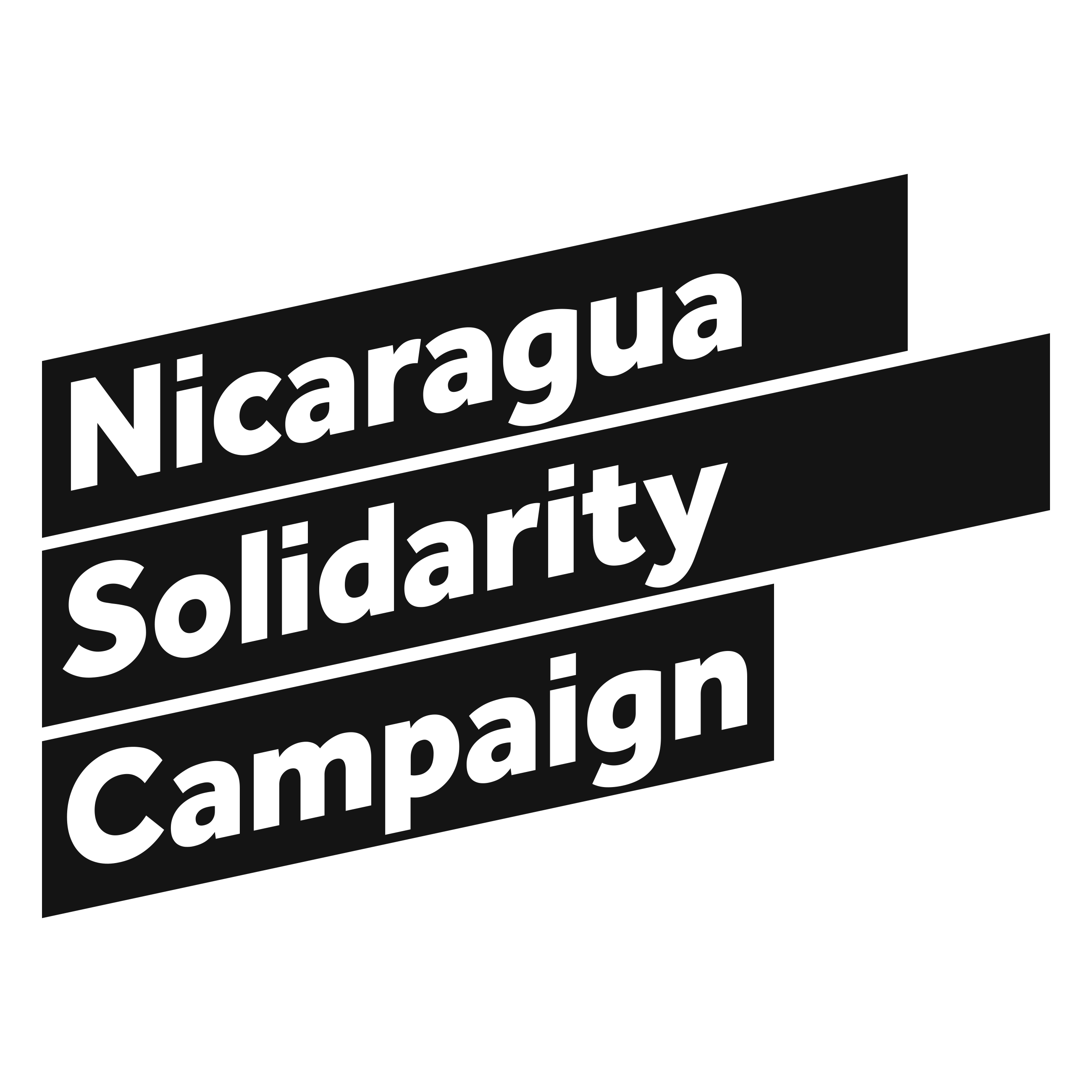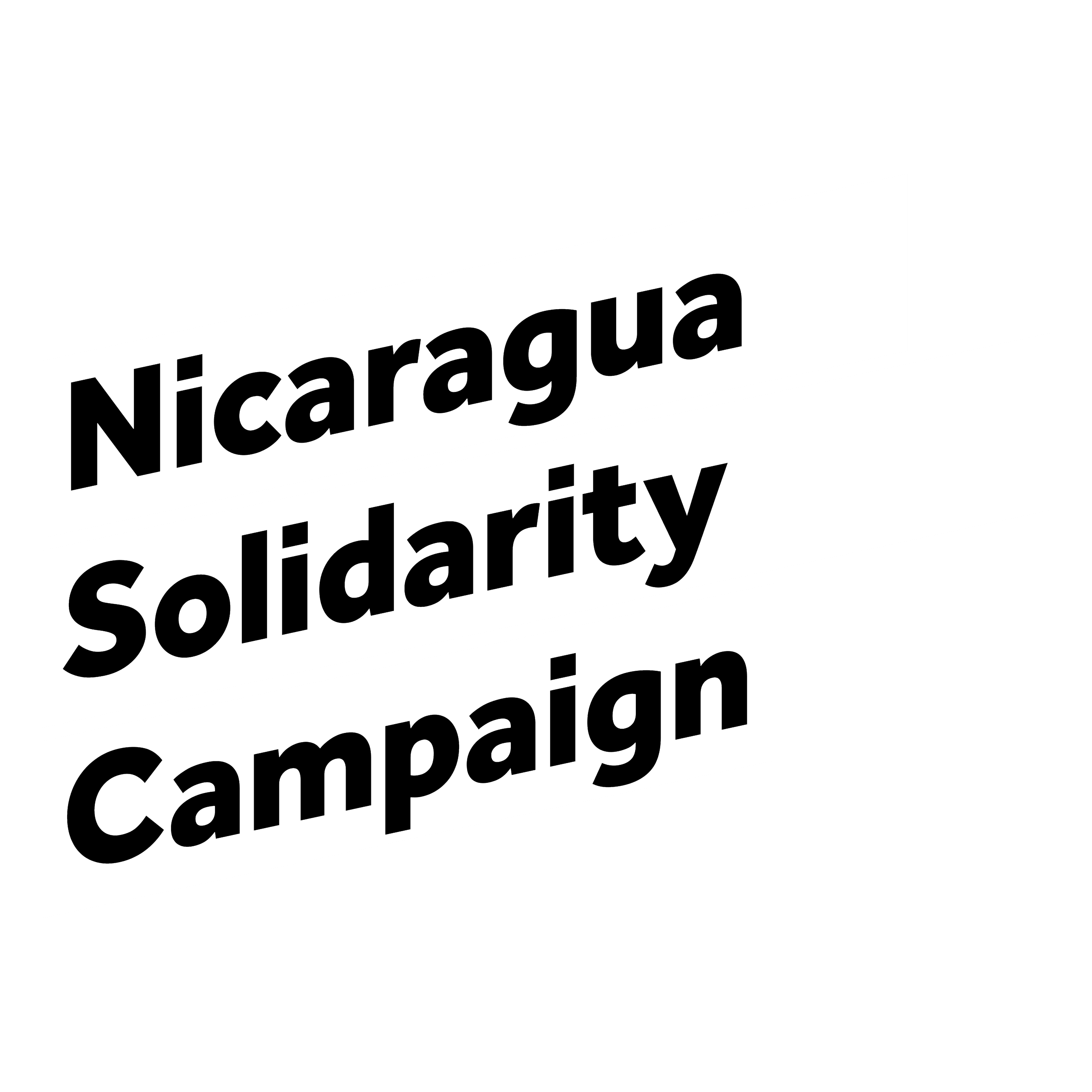No to agribusiness, yes to agroecology
Our Nicaraguan partner organisation, the Rural Workers Association (ATC), is a member organisation of La Via Campesina (LVC), a global movement of millions of peasants (small scale farmers) and indigenous peoples.
Transnational agribusinesses have turned food production and consumption into one of the greatest hazards for people and the planet. A small number of companies control everything from seeds to supermarkets; they provide food for only 30% of the world’s population but use 75-90% of land, water and fossil fuels related to agriculture.
LVC argues that Covid-19 and the climate crisis have exposed the profound dangers that this globalised food system and unsustainable capitalism pose to life in all its forms.
But LVC is not just about denouncing agribusiness but also about building an alternative model, one that is based on growing healthy local food, but also includes food sovereignty, climate justice, and social transformation.
This briefing looks at how this is implemented in Nicaragua through the work of the ATC in Nicaragua.
The social economy generates 65% of the wealth of Nicaragua and employs 70% of the workforce, the highest percentage of any Latin American country.
This sector is made up of small and medium businesses and farms, co-operatives, associations, and self-employed workers in agriculture, services, tourism, transport, savings and credit, fishing, and housing.
Those whose livelihoods depend on their daily earnings were very badly hit throughout the three months of violence during the failed 2018 coup. But it is also the social economy that played a key role in sustaining not only the economy, but the country’s social fabric and food supplies through the crisis.
Nicaragua, the second most impoverished country in the Americas, epitomises the vulnerability of developing countries confronting poverty, as well as the consequences of climate change for which they are least responsible.
This briefing highlights how small scale farmers of fair trade coffee are implementing mitigation and adaptation measures and the way in which Nicaragua is transforming energy supplies to renewables, and prioritising efficiency.
The technology exists, the capital exists, the urgency exists, what is lacking is the political will, particularly on the part of the largest polluters.
– Paul Oquist, Nicaraguan Minister for Public Policy
For small scale farmers in Nicaragua producing fair trade coffee, climate change means unpredictable weather extremes, increased risk of plant diseases, reduced harvests, higher production costs, and greater insecurity.
Selling coffee through Fairtrade has enabled farmers to invest in mitigating and adapting to climate change.

